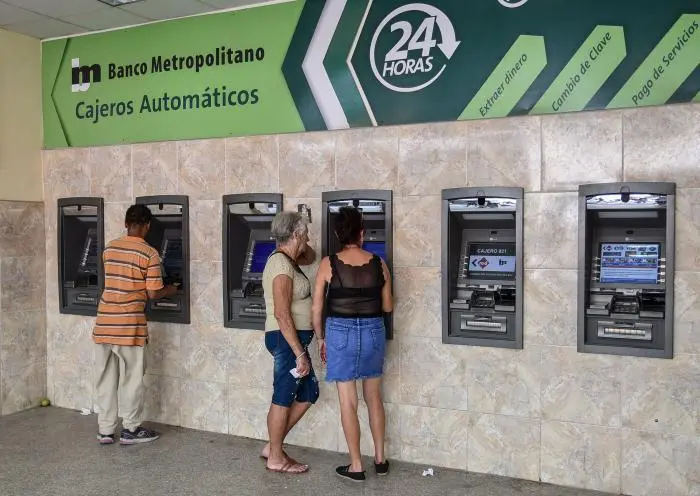Russia’s National Card Payment System (NSPK) has introduced Mir payment cards in Cuba, adding the island to a select group embracing Moscow’s alternative to Visa and Mastercard.
The importance of Mir cards in Russia grew after Visa and Mastercard ceased operations due to Russia’s military actions in Ukraine.
This led to sanctions, rendering Visa and Mastercard cards issued in Russia useless abroad.
To address this, Mir cards will initially be accepted in Cuba’s prime tourist spots like Havana and Varadero.
Cuba has seen a remarkable threefold increase in Russian tourists, with 146,300 visiting from January to October
This move aims to ease transactions for visitors. Russia’s strategy involves partnering with nations that haven’t sanctioned it over Ukraine.

Yet, the list of countries accepting Mir remains largely undisclosed.
Turkey, Kyrgyzstan, and Tajikistan halted Mir transactions following U.S. sanctions on NSPK’s head, indicating risks for NSPK collaborators.
Background
The launch in Cuba marks a key moment for Russia in broadening its financial reach.
Facing challenges in global payment system integration, Russia introduced Mir in 2015 to lessen its dependence on Western systems.
The withdrawal of Visa and Mastercard in Russia made Mir an essential alternative. Globally, Visa and Mastercard’s widespread acceptance sets a high standard for Mir.
Cuba’s adoption of Mir signifies Russia’s efforts to forge a parallel financial network amidst geopolitical tensions.
However, Mir’s global presence remains constrained, mainly due to sanctions and geopolitical challenges.
Cuba’s decision might inspire other countries to consider similar financial ties with Russia. This move illustrates the intricate relationship between international politics and finance.
Russia’s push for Mir highlights its quest for financial self-reliance, yet its global impact is still unfolding in an interconnected financial landscape.

